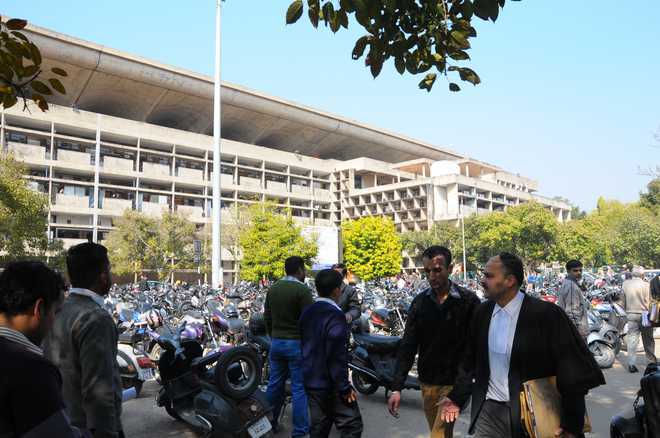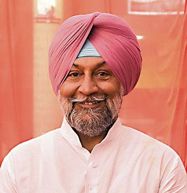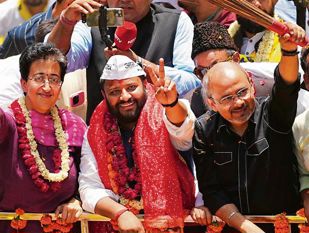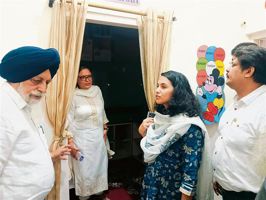
Saurabh Malik
Tribune News Service
Chandigarh, July 18
A daughter, upon marriage, does not cease to be a part of her father’s family, the Punjab and Haryana High Court has ruled while holding that the denial of compassionate appointment to a married daughter was nothing but discrimination.
Justice Augustine George Masih asserted there could never be discrimination and that too against a woman merely on the basis of sex, which included her marital status. The ruling came in a case where the daughter of a police official, who died in harness, was denied appointment on the ground that she being married was ineligible in terms of instructions dated November 21, 2002.
Job on compassionate ground
In his order, Justice Augustine George Masih said there could never be discrimination and that too against a woman merely on the basis of sex, which included her marital status. The ruling came in a case where the daughter of a police official, who died in harness, was denied appointment on the ground that she being married was ineligible for it.
Justice Masih asserted: “Had she been unmarried, or had it been the son, despite the marital status, the claim would have been considered. If this is not discrimination, what else can it be termed?”
Justice Masih added that a son remained a son throughout, so did a daughter irrespective of her marital status. “If the son and the daughter continue to have these relations, which they attain on birth or on adoption, they cannot be deprived of such status merely because of their marital status...”
Justice Masih also ordered the striking down of the word “unmarried” in the instructions as otherwise a daughter would be deprived of her constitutional right to consideration for compassionate appointment merely because of her marital status. Justice Masih asserted that Article 14 of the Constitution gave right of equal treatment in similar circumstances both in privileges conferred and liability imposed. But this did not mean that the state was not having the power of classifying persons and categories for legitimate purposes.
Join Whatsapp Channel of The Tribune for latest updates.



























